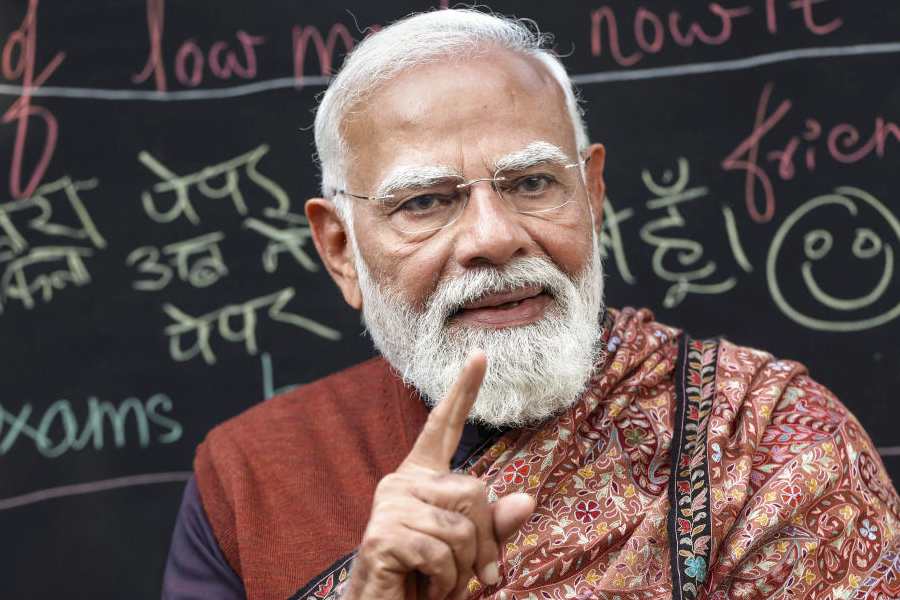Among the untrodden ways
♦ THE VALLEY OF FLOWERS: AN ADVENTURE IN THE UPPER HIMALAYA (Speaking Tiger, Rs 299) by Frank S. Smythe chronicles the two months that the author spent mountaineering in the Garhwal Himalayas. Smythe was a British photographer who is often called the world's first professional mountaineer. Talking about the Bhyundar Valley, or the Valley of Flowers, he writes that it was almost impossible to take a step there without crushing a flower. Although the valley is home to various kinds of flowers, the one that catches his attention the most is the shy blue primula - its shade of blue is so intense that it seemed to light up the countryside. Smythe's prose is impeccable and laced with humour. He enriches our knowledge of the Himalayan terrain, its flora, fauna and culture.

♦ AN EVENING IN CALCUTTA (HarperCollins, Rs 299) by K.A. Abbas is a collection of short stories by the renowned film-maker. His writing, which has often been labelled as journalistic, was based on contemporary reality. Abbas, who was a journalist before he became a script writer and a film-maker, travelled to various parts of the country for his work. The settings of his stories bear testimony to his travels. Written in simple language with a direct approach to the subject, the stories are mostly based on events that made headlines. "An Evening in Calcutta", the story from which the collection derives its name, is about an encounter between old friends. One of them, who used to be a journalist, is a successful businessman now. He ponders how success is not everything. He talks about missing the thrills and adventures of journalism - one wonders if that is how the writer felt about his former profession.
♦ A GOD WHO HATES WOMEN (Fingerprint, Rs 295) by Dr Majid Rafizadeh is a real-life account based on the life of the author's mother, Amira. The latter was married off to a man who was her senior by 24 years when she was 15. This, writes the author, was nothing shocking in a society where women are expected only to "bring up their children... [and] please their husbands". Rafizadeh describes his growing years in Syria in the midst of a civil war and the violence that came with it. His father - who never denounced Islam - did not subscribe to the belief in the validity of Muhammad as god's prophet. This disbelief, coupled with his inherent tendency to rebel against authority, shaped the life of the family. The book provides a valuable insight into the kinds of oppression that women face in war-torn countries.











